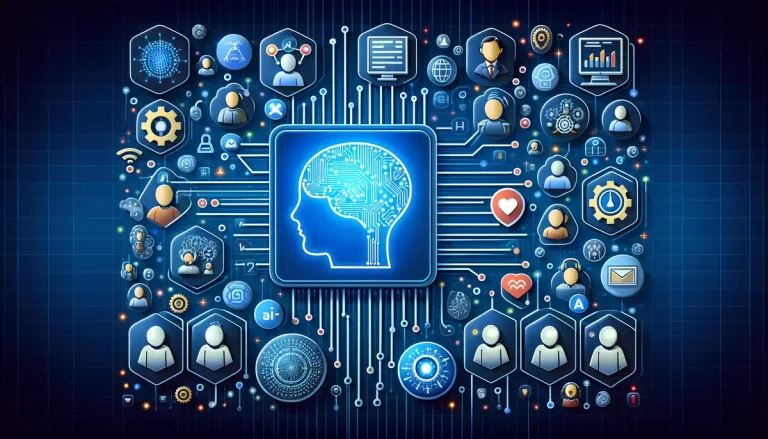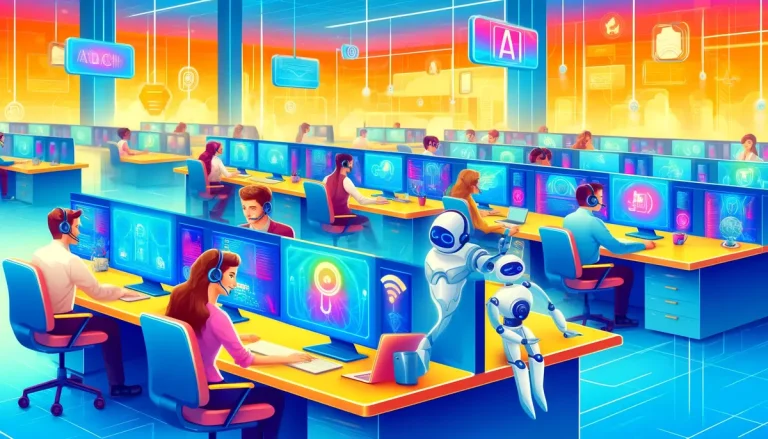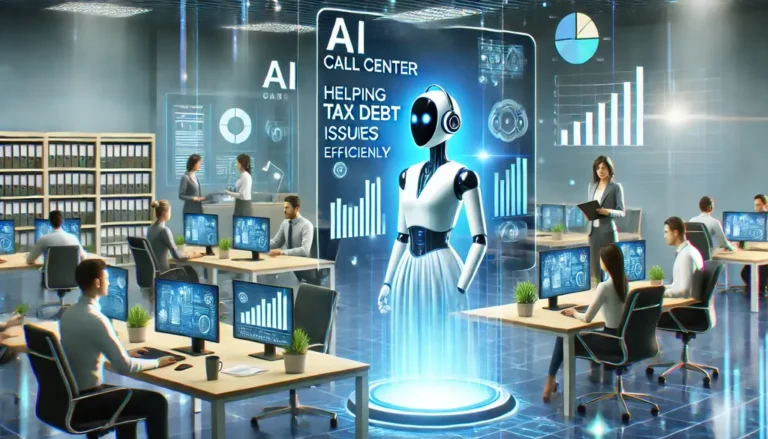The juxtaposition of artificial intelligence (AI) and climate change forms a poignant narrative of our times. AI, a pinnacle of human ingenuity, stands at the forefront of the battle against the pernicious effects of climate change. This article delves into the multifaceted role of AI in mitigating environmental degradation.
Understanding the Climate Crisis
Climate change, an existential threat, manifests through rising temperatures, erratic weather patterns, and increased natural disasters. Comprehending its intricacies is vital in formulating effective countermeasures, a task where AI proves indispensable.
AI: The Technological Marvel
AI, characterized by its ability to learn, adapt, and predict, transcends traditional computational limitations. Its applications, ranging from data analysis to automation, render it a formidable tool against climate adversities.
AI in Climate Modeling and Prediction
Precision in predicting climate patterns is crucial. AI algorithms, adept at handling vast datasets, enhance the accuracy of climate models, offering valuable foresight into future climatic scenarios and enabling preemptive actions.
Enhancing Renewable Energy Efficiency with AI
Renewable energy, pivotal in reducing carbon emissions, benefits significantly from AI optimization. AI algorithms optimize energy distribution from sources like solar and wind, balancing supply with demand and maximizing efficiency.
Read also: 10 Proven Strategies to Drive Website Traffic Growth
AI in Wildlife and Biodiversity Conservation
Biodiversity, a casualty of climate change, finds a guardian in AI. From monitoring endangered species to habitat protection, AI’s predictive analytics and drone technology are instrumental in conservation efforts.
AI in Pollution Control and Reduction
Pollution, a driver of climate change, is being tackled innovatively through AI. AI systems analyze pollution patterns and suggest measures for control, significantly reducing environmental footprints.
Smart Agriculture: AI for Sustainable Farming
AI-driven smart agriculture minimizes environmental impacts while maximizing output. Precision farming, powered by AI, optimizes resource usage, thus ensuring sustainable food production.
AI in Disaster Response and Management
AI’s role in managing climate-induced disasters is invaluable. From predicting disaster onset to coordinating response efforts, AI enhances resilience and minimizes disaster-related losses.
Challenges and Ethical Considerations in AI Deployment
While AI’s potential is immense, its deployment is fraught with challenges and ethical dilemmas. Issues like data privacy, algorithmic bias, and digital divide must be addressed to ensure equitable and responsible AI usage.
The Future of AI in Combating Climate Change
The horizon of AI in climate change mitigation is expansive. Continuous advancements in AI promise more innovative solutions, paving the way for a more sustainable future.
Conclusion
In conclusion, AI’s integration in climate change strategies offers a beacon of hope. As we harness AI’s capabilities, it is imperative to navigate its ethical and practical challenges thoughtfully, ensuring a harmonious balance between technological advancement and environmental stewardship.







